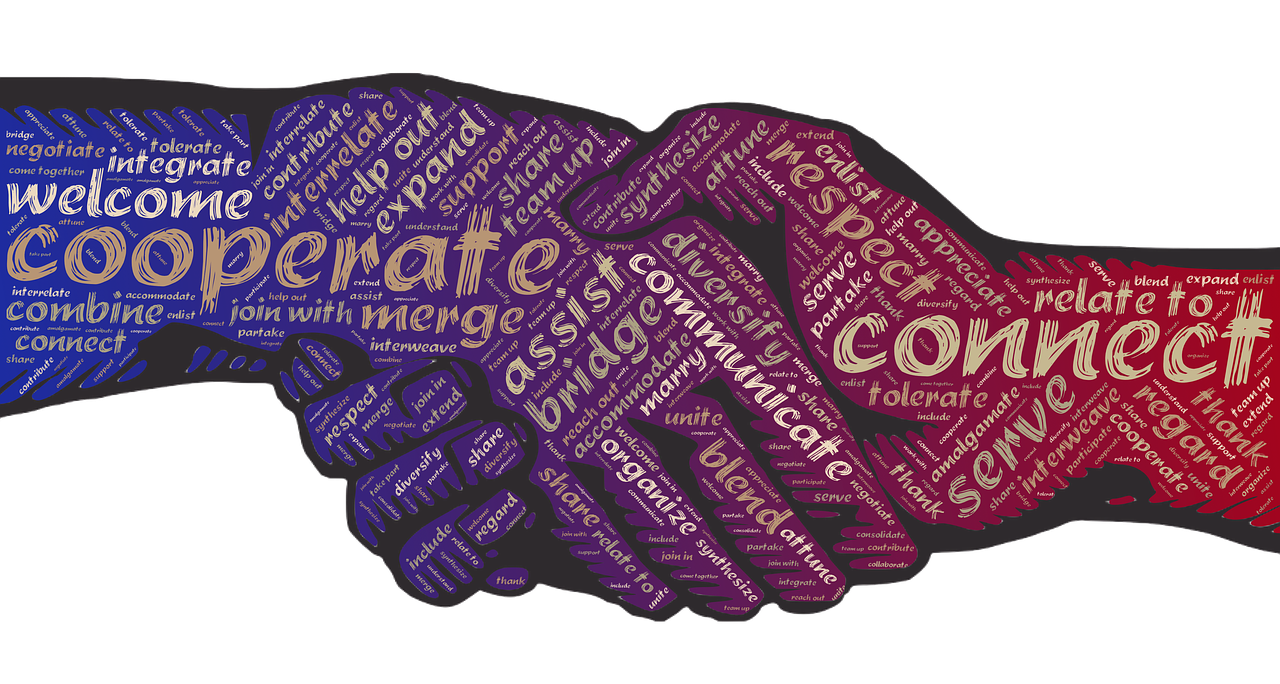 In the ever-evolving landscape of education and professional development, the importance of non-cognitive skills, also known as soft skills or socio-emotional skills, has gained significant recognition. These skills encompass a wide range of attributes, including communication, problem-solving, teamwork, adaptability, critical thinking, leadership, and ethical values. Traditionally, the evaluation of these skills has relied heavily on self-assessment or instructor evaluation. However, a growing body of evidence suggests that co-evaluation, which involves the assessment of non-cognitive skills by multiple parties, is a more accurate, less biased, and more predictive approach for gauging future performance. This article delves into the benefits and significance of co-evaluation in assessing non-cognitive skills.
In the ever-evolving landscape of education and professional development, the importance of non-cognitive skills, also known as soft skills or socio-emotional skills, has gained significant recognition. These skills encompass a wide range of attributes, including communication, problem-solving, teamwork, adaptability, critical thinking, leadership, and ethical values. Traditionally, the evaluation of these skills has relied heavily on self-assessment or instructor evaluation. However, a growing body of evidence suggests that co-evaluation, which involves the assessment of non-cognitive skills by multiple parties, is a more accurate, less biased, and more predictive approach for gauging future performance. This article delves into the benefits and significance of co-evaluation in assessing non-cognitive skills.
- Accuracy in Assessment: Co-evaluation brings together diverse perspectives, providing a more comprehensive and accurate evaluation of an individual’s non-cognitive skills. By involving peers, mentors, supervisors, and other relevant stakeholders in the evaluation process, a more holistic picture of an individual’s strengths and areas for improvement emerges. The combined insights and multiple viewpoints contribute to a more reliable assessment, reducing the risk of biases and personal perceptions that may skew individual assessments. Co-evaluation fosters a more objective and well-rounded understanding of an individual’s non-cognitive skills, resulting in a more accurate representation of their capabilities.
- Reduced Bias: One of the primary advantages of co-evaluation is its ability to mitigate biases that may arise from self-assessment or single evaluator evaluation. Individual self-assessments can be influenced by overconfidence or self-doubt, leading to inflated or underestimated ratings of one’s non-cognitive skills. Similarly, relying solely on a single evaluator’s perspective can introduce subjective biases, personal preferences, or limited observations. Co-evaluation, on the other hand, provides a balanced assessment that considers multiple viewpoints, thereby reducing the influence of individual biases. This collaborative and inclusive approach enhances the fairness and objectivity of the evaluation process, ensuring a more reliable assessment of non-cognitive skills.
- Predictive of Future Performance: Research has demonstrated a strong correlation between non-cognitive skills and future performance in various academic and professional domains. Co-evaluation offers valuable insights into an individual’s potential for success by assessing their non-cognitive skills. By involving individuals who have firsthand experience working with the individual, such as peers or supervisors, co-evaluation provides a more realistic indication of how well an individual’s non-cognitive skills translate into practical performance. This predictive aspect of co-evaluation makes it a powerful tool for identifying individuals who are likely to excel in future academic pursuits, careers, and leadership roles.
As the importance of non-cognitive skills continues to gain recognition in education and the workplace, the evaluation of these skills becomes crucial for personal and professional development. Co-evaluation stands out as a robust and effective approach, offering enhanced accuracy, reduced bias, and greater predictive power when assessing non-cognitive skills. By harnessing the collective insights of multiple evaluators, co-evaluation provides a more comprehensive understanding of an individual’s capabilities, aiding in their growth and success. Educational institutions and organizations can benefit from embracing co-evaluation practices to identify and nurture individuals who demonstrate strong non-cognitive skills, ultimately shaping a more capable and successful workforce of the future.
 Fernando Vera, PhD. Doctor in Educational Sciences, academic, researcher, and international consultant, with advanced postgraduate training at the master’s and doctoral levels. He has undertaken academic and research stays in China, Israel, Colombia, Mexico, and Argentina. Currently, he is completing his second doctoral degree, with international mention from the University of the Basque Country/Euskal Herriko Unibertsitatea (UPV-EHU), Spain.
Fernando Vera, PhD. Doctor in Educational Sciences, academic, researcher, and international consultant, with advanced postgraduate training at the master’s and doctoral levels. He has undertaken academic and research stays in China, Israel, Colombia, Mexico, and Argentina. Currently, he is completing his second doctoral degree, with international mention from the University of the Basque Country/Euskal Herriko Unibertsitatea (UPV-EHU), Spain.
